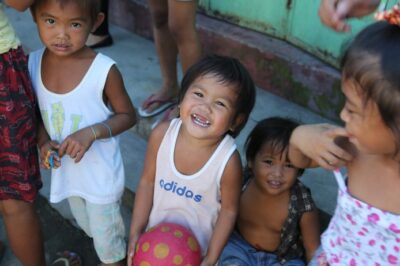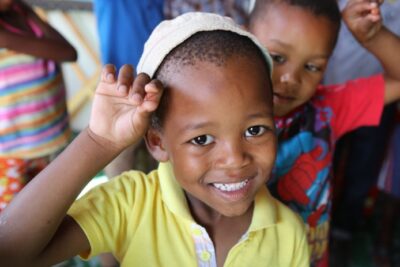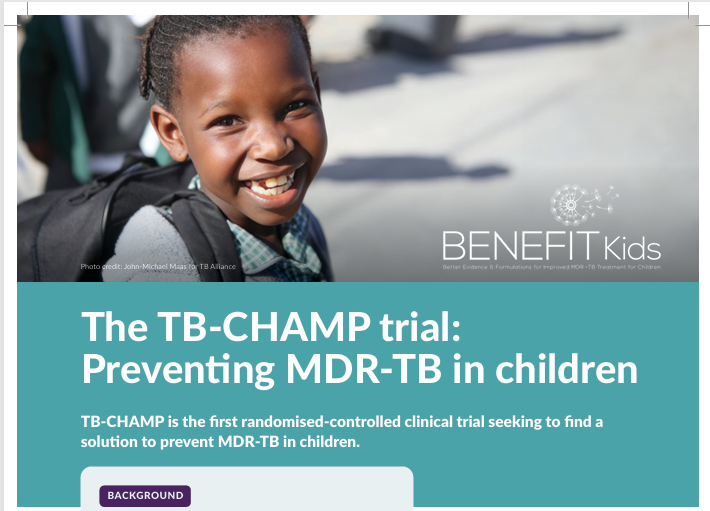BENEFIT Kids | Clinical Trials
The BENEFIT Kids Project is undertaking several distinct and complementary clinical trials of the pharmacokinetics and safety of key TB drugs, selected and designed to address remaining knowledge gaps and strategies: to prevent TB in young children where a household contact has MDR-TB household contacts, and to determine the optimal dosing of new antiretroviral drugs in newborn babies.
 PERFORM
PERFORM
The Pharmacokinetics of Levofloxacin Formulations in children with MDR-TB exposure (PERFORM) study is evaluating the pharmacokinetics and acceptability of generic levofloxacin adult tablets (crushed, then dissolved in water) compared to novel paediatric dispersible tablets (Macleods Pharmaceuticals, Mumbai, India) in 24 children at a single site in Cape Town, South Africa. PERFORM will inform improved and evidence-based guidance on using both commercially available formulations of levofloxacin tablets in children, facilitating access to levofloxacin in young children at safe and effective doses. The lead investigator for this study is Dr Louvina van der Laan, Desmond Tutu TB Centre. This trial was completed in 2022 and results will be disseminated during 2023.
 CATALYST
CATALYST
The Clofazimine and Moxifloxacin Pharmacokinetics, Safety and Acceptability for paediatric TB treatment (CATALYST) study examines new generic formulations for treating drug-resistant tuberculosis in children. It is a multi-country study of newly available generic child-friendly formulations (moxifloxacin dispersible tablets, Micro Labs Ltd, Bangalore, India and clofazimine solid tablets, Macleods Pharmaceuticals, Mumbai, India). As of December 2022, the study was fully enrolled: 37 children with DR-TB were enrolled from 3 sites (Cape Town in South Africa, Pune in India [JHU, BJMC], and Manila in the Philippines (De La Salle University Medical Centre). In addition to the pharmacokinetic and acceptability analyses, the prices of routine paediatric MDR-TB treatment will be assessed in these three diverse settings and to analyse cost-effectiveness. We are coordinating closely with WHO and other stakeholders so that this new evidence can inform guideline development. We will engage with a broad range of stakeholders to disseminate results and plan for adoption and scale-up of the new treatment after the study’s completion. Trial follow-up will be released at the 2023 Union Conference. The lead investigator for this study is Dr Megan Palmer, Desmond Tutu TB Centre.
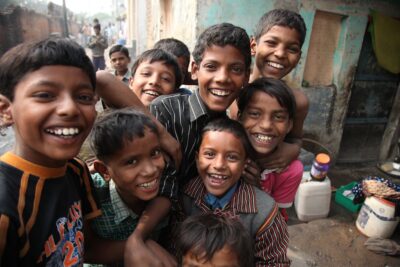
 TB CHAMP
TB CHAMP
TB CHAMP is a cluster-randomised, community-based, double-blind controlled trial to assess the efficacy and safety of levofloxacin vs. placebo in children below 5 years of age exposed to MDR-TB at home. In this trial, almost 1000 children with recent household exposure to an MDR-TB source case were enrolled across 5 sites and randomised by household to receive either daily levofloxacin (15-20 mg/kg) or matching placebo for 6 months and followed for a maximum of 18 months to characterise the efficacy safety and tolerability of the treatment. The trial opened in South Africa in Quarter 4, 2017 and was completed in 2022. Trial results will be released at the 2023 Union Conference. Evidence for the efficacy and safety of levofloxacin in preventing MDR-TB in exposed children is expected to generate international recommendations for its use. This has the potential for substantial public health impact; preventing the development of MDR-TB in at-risk children is a high priority. The lead investigator for this study is Anneke Hesseling (Co-principal investigators: James Seddon and Simon Schaaf), in collaboration with the MRC CTU at UCL (PI:Dr. Trinh Duong).
Publications
- Fungal diversity in the gut microbiome of young South African children
- Practical and psychosocial challenges faced by caregivers influence the acceptability of multidrug-resistant tuberculosis preventive therapy for young children
- Levofloxacin versus placebo for the prevention of tuberculosis disease in child contacts of multidrug-resistant tuberculosis: study protocol for a phase III cluster randomised controlled trial (TB-CHAMP)
- Levofloxacin population pharmacokinetics in South African children treated for multidrug-resistant tuberculosis.
- Reflecting on challenges in recruiting children to a multidrug-resistant tuberculosis prevention trial
- Association between clinical and environmental factors and the gut microbiota profiles in young South African children
- Carriage of colistin-resistant Gram-negative bacteria in children from communities in Cape Town (Tuberculosis child multidrug-resistant preventive therapy trial sub-study).
- Pharmacokinetics, safety, and dosing of novel pediatric levofloxacin dispersible tablets in children with multidrug-resistant tuberculosis exposure. Antimicrobial agents and chemotherapy
- Acceptability of a novel levofloxacin dispersible tablet formulation in young children exposed to multidrug-resistant tuberculosis.
TB CHAMP video presented at The Union World Conference on Lung Health 2023
 DELAMANID CRUSH
DELAMANID CRUSH
The Delamanid Crush study characterised the pharmacokinetics and the acceptability of crushed or dissolved delamanid 50 mg solid tablets in 24 healthy adult volunteers to inform their use for children affected by MDR-TB. The lead investigator for this study is Dr Veronique de Jager, and the trial was implemented at TASK Applied Science in Cape Town. Results have been provided to WHO during 2022 and have informed delamanid dosing guidelines in children. Final data has been published.
Publications
 PETITE PLATFORM
PETITE PLATFORM
The PETITE study platform was established as part of the BENEFIT Kids project to inform evidence-based guidance on the use of novel paediatric antiretroviral formulations in newborn babies who currently have few options for the prevention and treatment of HIV. Adrie Bekker, Stellenbosch University, and Tim R. Cressey, Chiang Mai University, are co-leading the series of PETITE studies.
The first PETITE study evaluated the pharmacokinetics and safety of a novel fixed-dose combination granule formulation of abacavir/ lamivudine/ lopinavir/ ritonavir (4-in-1) in 16 HIV-exposed newborn babies enrolled at Tygerberg Hospital, Cape Town, South Africa. The higher than standard doses of abacavir and lamivudine imposed by the FDC were well tolerated but the lopinavir/ritonavir exposures were very low, thus preventing the use of this paediatric formulation in babies in the future.
Given these findings, a second study assessing two separate formulations of the same three drugs (a quarter dispersible tablet of abacavir/ lamivudine once a day and 2 sachets of lopinavir/ritonavir twice a day) was conducted in 24 babies to allow for higher dosing of lopinavir/ritonavir. This study was completed and results from this second study will be disseminated during 2023.
A third pivotal study, the PETITE Dolutegravir study, recently started enrolling newborn babies exposed to HIV to assess the pharmacokinetics and safety of dolutegravir in addition to standard of care antiretroviral prophylaxis. To date, 16 neonates have enrolled and the study is expected to be completed during 2023. Dolutegravir is being rolled out globally in children and data on its appropriate and safe dosing with appropriate formulations in newborn babies is urgently needed.
Publications
